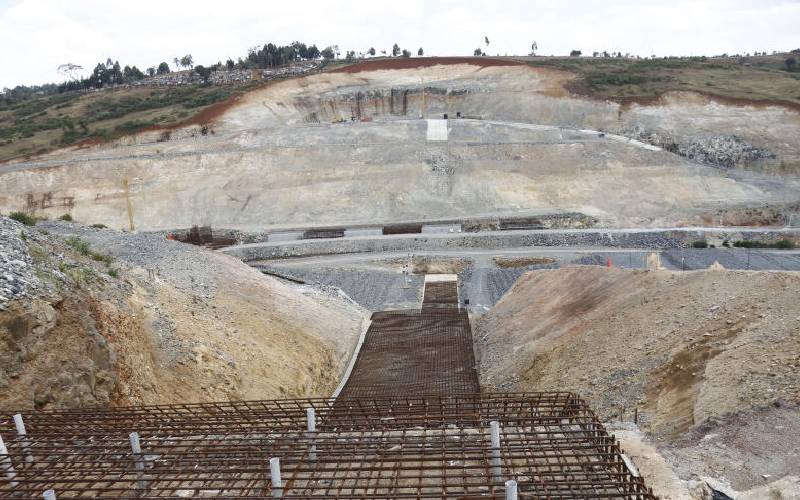×
The Standard e-Paper
Fearless, Trusted News

Uncertainty over the Sh11 billion paid to insure Kenya’s controversial dams’ loan has entered a new phase, with information classifying the country as a highly risky borrower.